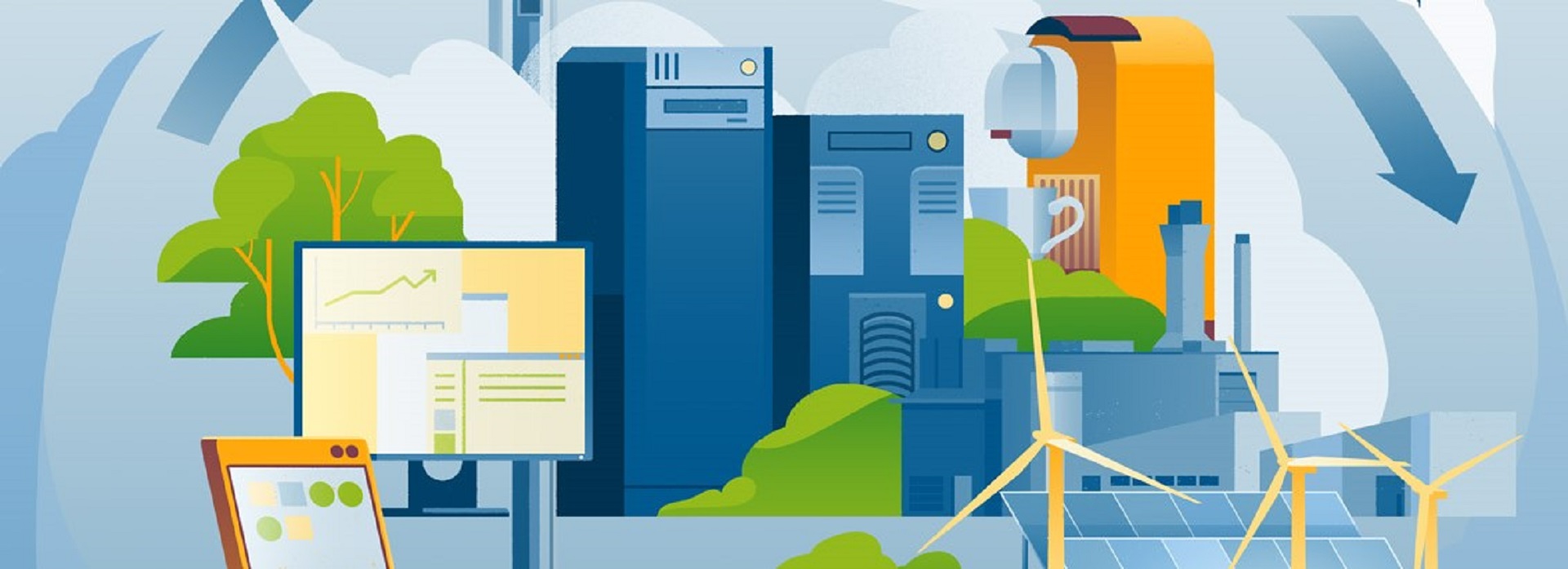Supply chains worldwide have been under intense pressure since the onset of the covid-19 pandemic. In 2020 Economist Impact explored the vital importance of building resilience and flexibility within global supply chains, with a focus on retail, lifestyle and fast-moving consumer goods (FMCG) industries. Fast-forward to 2022, the war in Ukraine, rising commodities prices and the after-effects of the pandemic have created more uncertainty and added further pressure to global supply chains.
The technology sector has been particularly impacted by these factors, triggering major reconfigurations of sourcing strategies. And with stakeholder expectations to be “green” and ethical increasing, technology companies need more than ever to display strong environmental, social and governance (ESG) credentials. But how are technology companies approaching these issues? And what roadblocks still remain on their pathway to sustainability?
Although our study shows good intentions related to embedding sustainability within technology supply chains, initiatives are often confronted with the complexities of a fragmented supplier base and the realities of running a profitable business. Our research programme, based on a literature review, a global survey and in-depth expert interviews, found that:
- In their aim to embed sustainability into their supply chains, tech companies are betting on supplier relationships and product development.
- Under multiple pressures, the tech sector is facing a new sustainability imperative
- Technology firms will need to take a long-term investment approach when considering the trade-off between embedding sustainability and higher costs.
Please fill in the form below to access the full report.





